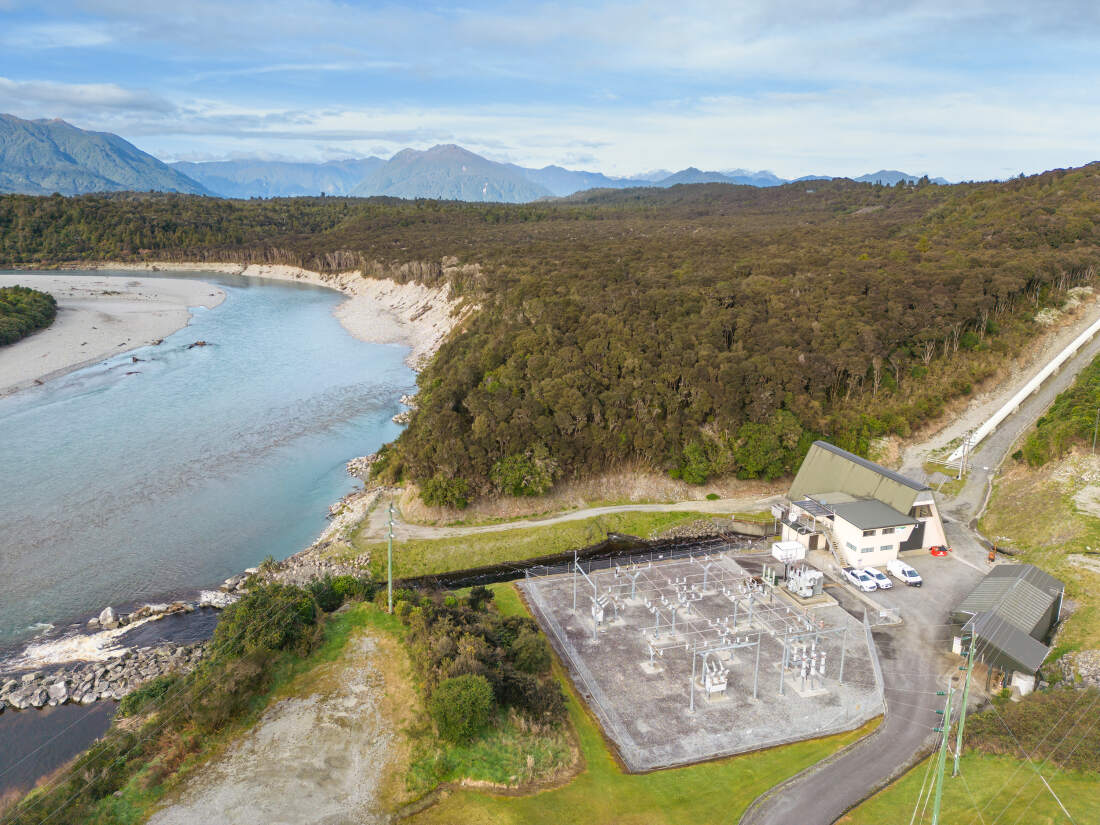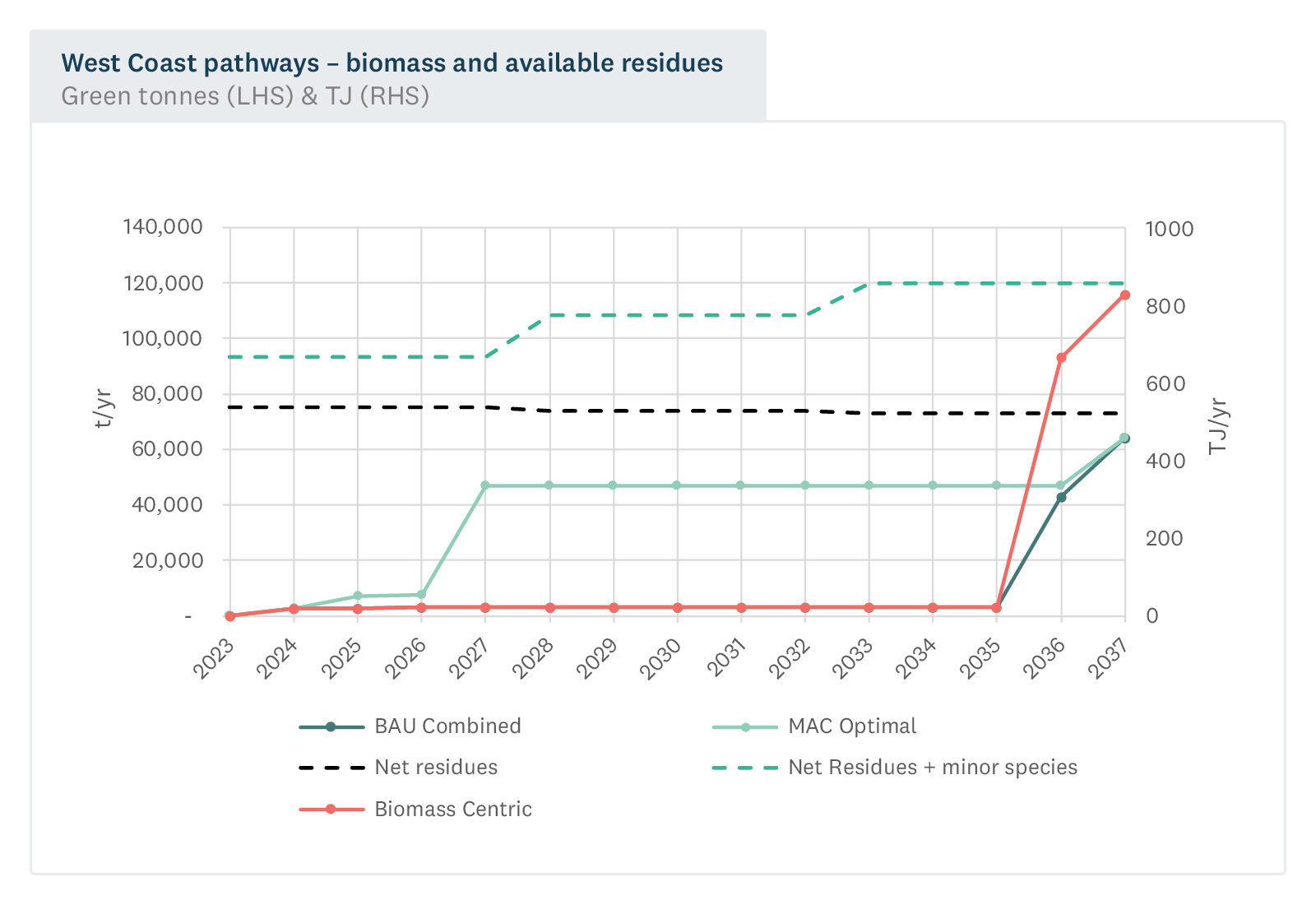Benefits for the West Coast
A West Coast specific decarbonisation pathway will enable:
- early decision making to improve efficiency and future proof infrastructure investments
- best use of capital through collaboration and information sharing
- demand for fuel suppliers and technology providers to provide the confidence for accelerating the development of new supply chains or capacity building initiatives
- a comprehensive view of biomass resource availability and the potential volumes that could be available for bioenergy.
- the opportunity to reduce electricity-related costs through flexibility in consumption
About the West Coast RETA
A total of 21 sites – spanning the dairy, meat, industrial and commercial sectors are covered by the West Coast RETA. These sites either have process heat equipment larger than 500kW or are sites for which EECA has detailed information about their decarbonisation pathway. Most of West Coast’s emissions come from coal. RETA aims to eliminate as much of these process heat emissions as possible.
The focus of the West Coast report – the culmination of phase one of the RETA programme, is the fuel switching decision and the key role demand reduction plays in enabling fuel switching. Both biomass and electricity are considered as potential fuel sources.
RETA also recognises the importance of efficient demand reduction and thermal efficiency measures for reducing energy consumption and right sizing the boiler investment, which in turn affects decision-making around fuel switching.
The report has illustrated a range of decarbonisation pathways, all of which demonstrate how the combined decisions of a range of process heat users may lead to common infrastructure challenges and opportunities from a supply perspective. The 'MAC Optimal' pathway sees fuel decisions that result in 40% of the energy needs supplied by electricity and 60% supplied by biomass.
Insights explored in the West Coast report:
- The role demand reduction plays in the fuel switching decision.
- The need for improved engagement between RETA process heat users and biomass and electricity network owners and its role in good decision making.
- Timeframes for decarbonisation under different pathway scenarios, that is:
The ‘BAU’ decarbonisation pathway, which uses the project timings in the individual ETAs (or 2036 where unavailable), is the slowest decarbonisation path. The majority of emissions reductions are assumed to occur in 2036.
The ‘MAC Optimal’ decarbonisation pathway with acceleration co-funding doubles the pace of decarbonisation, with 88% of the decarbonisation occurring by the end of 2027.
- Security of electricity supply and the impact of different pathway scenarios on electricity demand.
- The potential of biomass as part of the local mix and the work needed to be undertaken with forest owners to understand the costs, volumes, energy content (given the potential susceptibility of these residues to high moisture levels) and methods of recovering harvesting residues.
- Pathway analysis suggests harvesting and processing residues alone will be sufficient to cover 100% of new process heat demands under the MAC Optimal.
- The use of tariffs for incentivising process heat users to efficiently use flexibility in their energy consumption.
Read the report
Download the West Coast RETA report and discover the regional benefits of decarbonisation.
Read the summary Report [PDF, 2.1 MB]
By starting now, by 2027, 88% of potential emissions reductions in the region will be cost neutral.
Next steps and support
Where decarbonisation is financially viable, EECA encourages organisations to explore the potential for acceleration and we encourage process heat users to ask about support and co-funding.
EECA is happy to hear from Transpower, EDBs and supply side stakeholders to support the implementation of recommendations in the West Coast RETA report.
Email RETA@eeca.govt.nz or kanchana.marasinghe@eeca.govt.nz with any questions.
Wayfinder
-
Co-funding opportunities
-
Explore other regions
-
Explore the RETA tool


